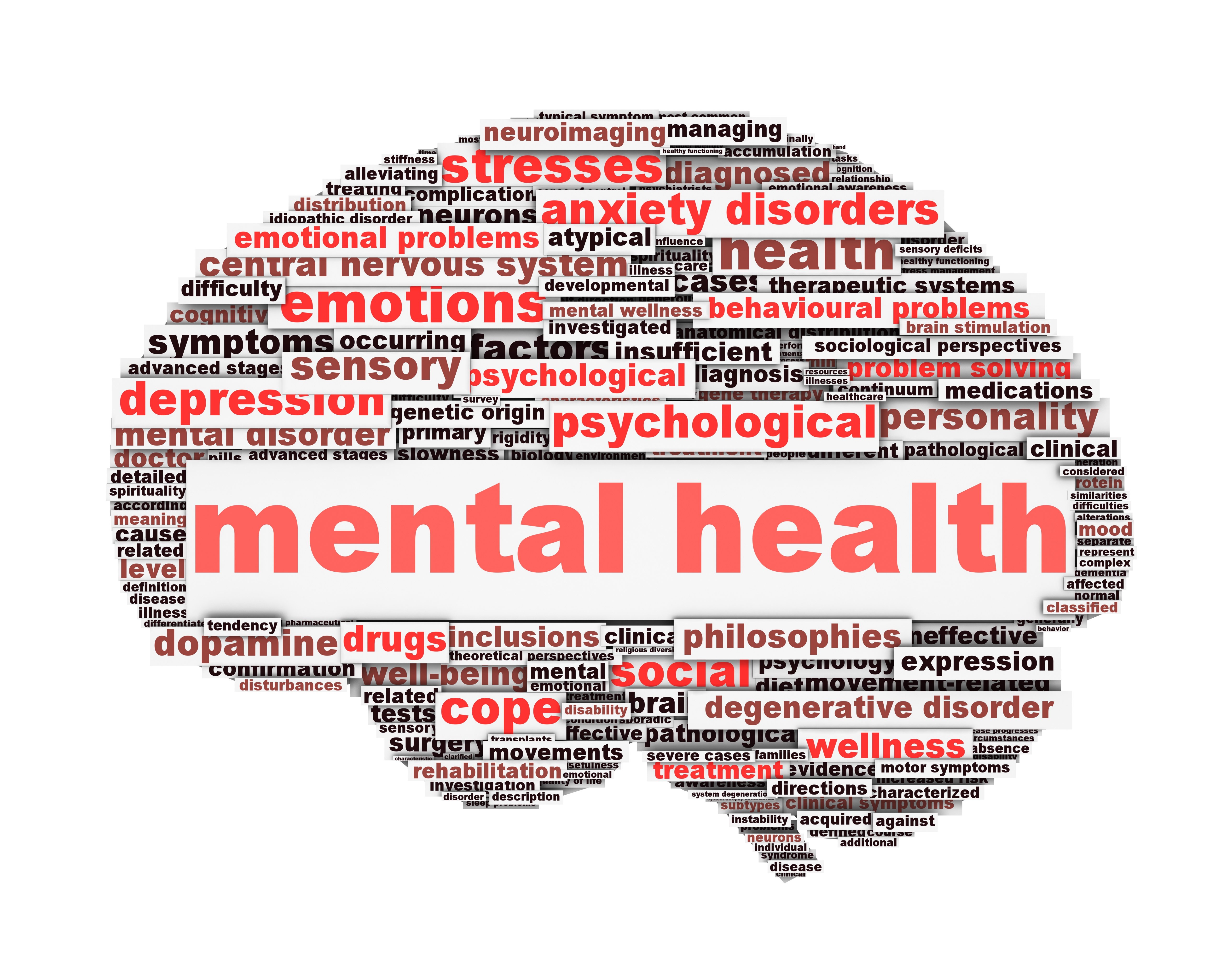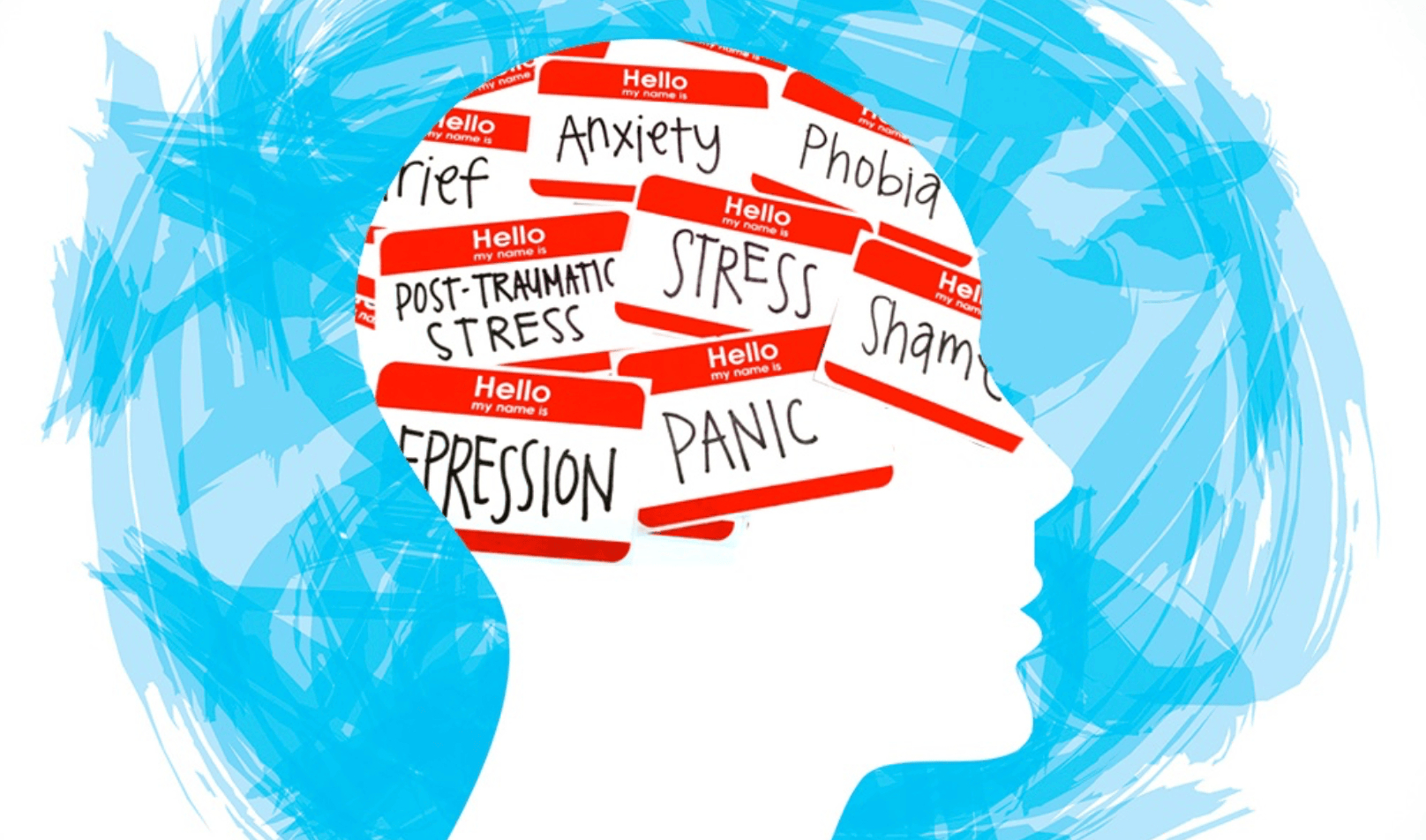What to Expect at an Inpatient Mental Health Facility for Rehabilitation
What to Expect at an Inpatient Mental Health Facility for Rehabilitation
Blog Article
Comprehensive Inpatient Mental Health Solutions for Effective Therapy
Inpatient mental wellness services represent a crucial element of the medical care system, providing a intensive and structured setting for individuals experiencing severe emotional distress. These solutions employ a multidisciplinary technique, incorporating various evidence-based therapies to attend to the intricate needs of clients. The performance of such comprehensive care extends beyond immediate stabilization; it likewise includes the shift to outpatient support, an important stage commonly forgot - mental health services. Exploring the nuances of this continuum exposes significant implications for both individual recovery and broader mental health outcomes. What variables absolutely affect this shift, and exactly how can we improve its effectiveness?
Recognizing Inpatient Mental Wellness Solutions
Inpatient psychological health and wellness services give important support for people experiencing serious psychological distress that can not be taken care of efficiently in an outpatient setup. These services are designed to supply an intensive degree of care in an organized atmosphere, often within a health center or specialized center. Patients confessed to inpatient programs generally present acute signs and symptoms, such as suicidal ideation, serious depression, or psychosis, demanding day-and-night surveillance and intervention.
The admission procedure typically involves a detailed assessment by psychological health experts, that assess the person's mindset, history, and prompt demands. Once admitted, clients take part in a range of healing modalities customized to their particular demands, consisting of medication administration, private treatment, and group sessions. This holistic technique intends to stabilize the client's condition, advertise safety and security, and foster coping skills.
Inpatient mental health and wellness solutions not just address prompt wellness concerns however likewise act as a bridge to recurring care. By providing a controlled atmosphere, these services assist in the growth of therapy strategies that can be proceeded in outpatient setups, hence guaranteeing a continuum of care and enhancing long-lasting end results for people with complicated psychological health and wellness requirements.
Secret Parts of Effective Treatment
Efficient treatment in inpatient mental health and wellness services comprises several key components that foster recovery and stablizing. First and foremost, an extensive assessment is vital to determine the individual's particular needs and challenges. This analysis notifies the advancement of a tailored therapy plan, which serves as a roadmap for treatment.
One more vital component is the multidisciplinary group strategy. Partnership among psychoanalysts, psycho therapists, nurses, and social employees makes sure that different perspectives add to the client's care, boosting the effectiveness of therapy. Evidence-based restorative modalities, such as cognitive-behavioral treatment (CBT) and dialectical behavior modification (DBT), are likewise integral, giving structured strategies that attend to maladaptive thought patterns and behavior issues.

Last but not least, a concentrate on aftercare preparation is vital to ensure a smooth transition to outpatient services, reducing the risk of regression and advertising long-lasting health. These cumulative components create a reliable therapy structure within inpatient mental health and wellness solutions.
Benefits of Comprehensive Care

Thorough care in inpatient psychological health and wellness solutions provides various advantages that substantially enhance client end results. Among the primary benefits is the holistic strategy to treatment, resolving not only the mental symptoms but likewise the physical, social, and psychological needs of people. This extensive evaluation permits tailored interventions that promote general health.
Another advantage is the combination of multidisciplinary teams, which fosters collaboration amongst medical care experts. This web collective setting makes sure that patients obtain coordinated treatment, reducing the risk of fragmented therapy and enhancing interaction amongst caretakers. Detailed treatment facilitates connection of services, permitting for seamless shifts from inpatient to outpatient setups, which is critical for lasting recuperation.

Lastly, the organized environment of thorough inpatient treatment provides a safe space for people to participate in restorative activities, assisting them establish coping approaches and durability. Jointly, these advantages add to extra efficient treatment and improved lifestyle for individuals experiencing mental health situations.
Evidence-Based Therapeutic Strategies
In the realm of mental health and wellness treatment, evidence-based therapeutic methods play a vital role in guaranteeing that individuals get efficient and clinically supported treatments. These strategies incorporate the finest readily available research study with medical competence and person values, promoting a customized treatment experience that attends to individual needs.
Cognitive Behavior Therapy (CBT) is just one of one of the most commonly identified evidence-based methods, concentrating on identifying and transforming adverse idea patterns and habits. This organized approach has actually demonstrated efficiency in dealing with problems such as anxiety, depression, and ptsd. Dialectical Actions Therapy (DBT) is especially efficient for individuals with borderline individuality condition, emphasizing the development of psychological law and interpersonal efficiency skills.
Additionally, medication monitoring is often an essential component of evidence-based therapy, as psychotropic drugs can relieve symptoms and boost overall performance. Collective treatment versions, which include multidisciplinary groups, further improve the effectiveness of inpatient solutions by ensuring detailed examinations and continual surveillance.
Eventually, the assimilation of evidence-based healing methods not only advertises favorable medical outcomes yet also encourages clients, promoting a sense of firm and resilience in their mental wellness trips.
Transitioning to Outpatient Assistance
The change from inpatient mental health and wellness services to outpatient support notes an essential phase in a person's healing trip. This period needs careful planning and coordination to make sure connection of care and to alleviate the threats of regression or situation. Reliable discharge planning should begin early in the inpatient remain, entailing a multidisciplinary team that consists of psychiatrists, psychologists, registered nurses, and social employees.
Crucial element of an effective change include the growth of a thorough aftercare strategy tailored to the person's certain requirements. This strategy should lay out follow-up visits, drug administration, and therapeutic treatments, along with identify community resources and assistance teams that can help with continuous recovery.
In addition, person and family members education and learning is important during this stage. Recognizing the indicators of potential obstacles and the importance of sticking to treatment can equip clients and their support group.
Normal follow-up and reassessment of the outpatient plan are essential to resolve advancing challenges. By cultivating a collective relationship between outpatient and inpatient service providers, the chance of continual healing rises, ultimately enhancing the person's quality of life and reducing the threat of readmission.

Final Thought
In recap, detailed inpatient mental health services supply an important structure for resolving serious emotional distress through a multidisciplinary approach. By integrating evidence-based therapies, cultivating a structured setting, and promoting household involvement, these services improve treatment click to read performance. The focus on security and the advancement of coping skills not just aids in instant recovery yet likewise promotes a smoother transition to outpatient care. Eventually, such comprehensive care is vital for long-lasting mental health and well-being.
The admission process usually entails a thorough evaluation by mental health professionals, that examine the individual's mental state, background, and prompt requirements.Effective therapy in inpatient psychological health and wellness services consists of a number of essential components that cultivate healing and stabilization.Thorough treatment in inpatient mental health solutions provides numerous advantages that this link considerably enhance person results.The transition from inpatient psychological health solutions to outpatient support notes a critical stage in a client's recuperation journey.In recap, detailed inpatient mental health and wellness services use an important structure for dealing with extreme mental distress via a multidisciplinary method.
Report this page